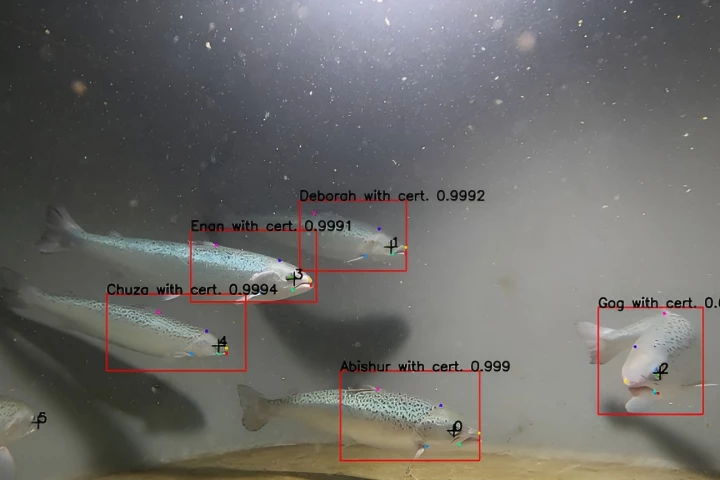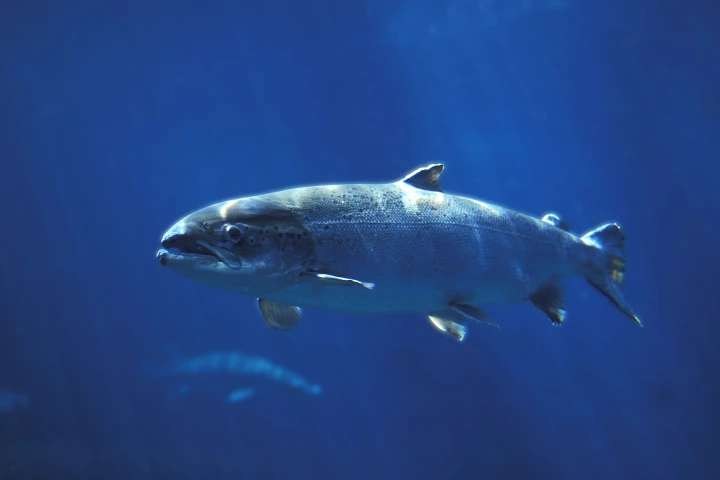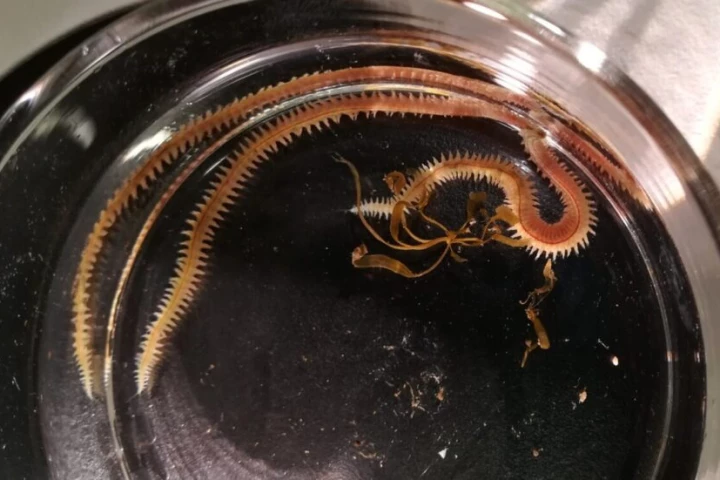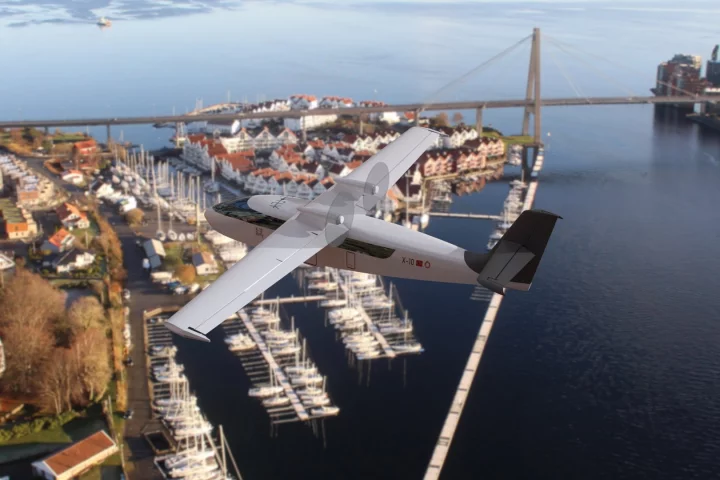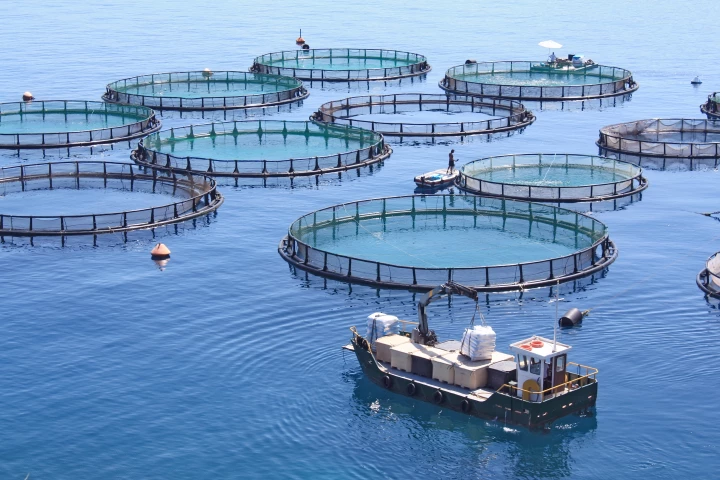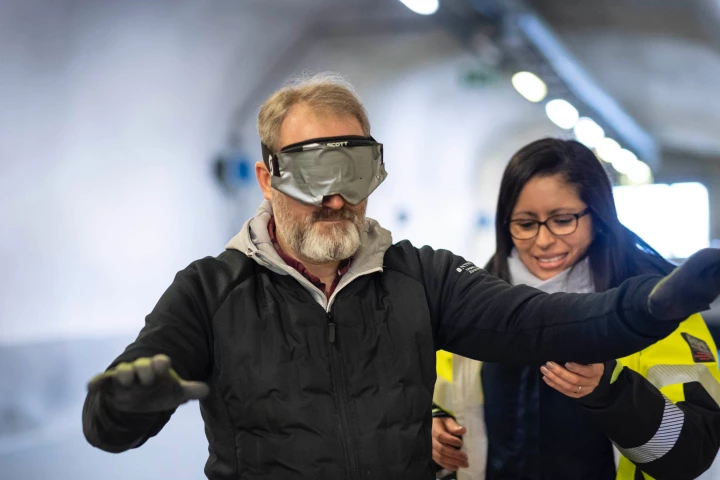SINTEF
-
Stressed fish tend to become unhealthy fish, so it's very important that fish farm operators spot stress as early as possible. A new AI-based system could help them do so, by monitoring the rate at which each fish breathes.
-
Observing a pen full of salmon at a fish farm will only tell you so much about their well-being. That's why Norwegian scientists have developed an implant that measures and records the vital signs of individual fish, who will serve as "sentinels."
-
Although salmon farms help take pressure off wild stocks, the penned fish do produce a lot of waste which is concentrated at one location. A new farm is exploring a solution to that problem, by raising salmon and kelp in adjacent pens.
-
While the farming of salmon does help take pressure off wild stocks, the feed used to raise the fish still isn't entirely sustainably sourced. That may change, however, thanks to nutrient-rich worms that eat readily available seaweed.
-
Norway has a lot of coastline and many fjords, but not much in the way of open ground on which to build runways. That's where the Elfly project comes in, as it's developing a short-haul electric seaplane that can take off and land in city harbours.
-
It's important for fish farmers to keep track of the number of fish in their pens, but doing so involves going in and actually netting out some of the fish. According to new research, echo-sounding tech could soon serve as an easier alternative.
-
How hungry are your salmon? It's an important question in aquaculture, and by using a combination of audio sensors and artificial intelligence, the Smart System for Feeding Control (SICA) offers a new way to answer it.
-
While ocean-based fish farms do help take pressure off of wild stocks, they have eco-unfriendly drawbacks of their own. A new underwater robot is being designed to address that situation, by autonomously inspecting the fish and their pens.
-
Scientists at Norway's SINTEF have developed a way to turn as much of a salmon as possible into useful products, including food supplements and fire retardants. By using new low-temperature processes, the goal is to use every last gram of the fish.
-
If you're in a road tunnel that suddenly gets filled with smoke due to a vehicle fire, it can be very difficult knowing which way to head. That's where EvacSound comes in, as it uses audio beacons to guide people to safety.
-
In the face of climate change, reindeer are resorting to eating kelp seaweed, according to new research. The creatures in question are Svalbard reindeer, a sub-species of wild reindeer.
-
It was a couple of years ago that we first heard about the Eelume, an eel-like robot designed to perform underwater maintenance and inspections. Well, the latest version of the device, known as the EELY500, is about to begin sea trials in Norway.
Load More
